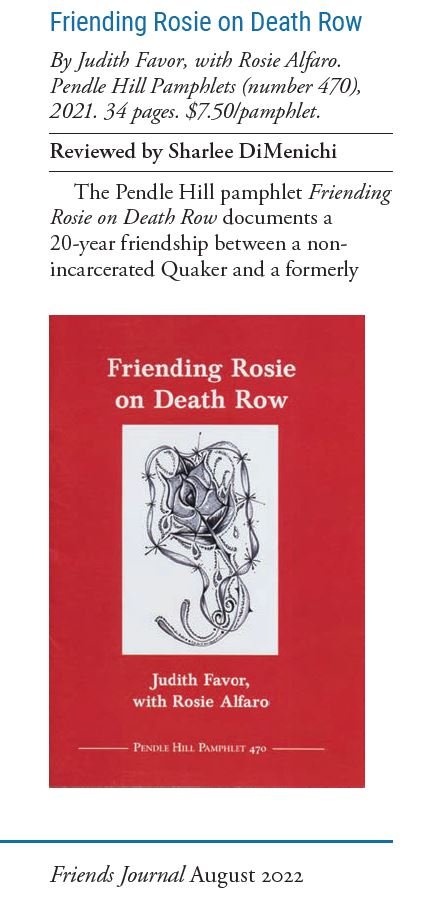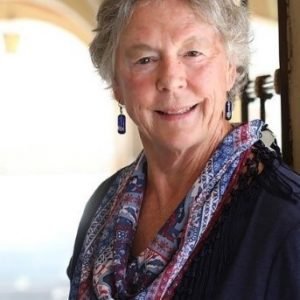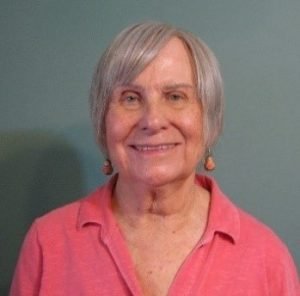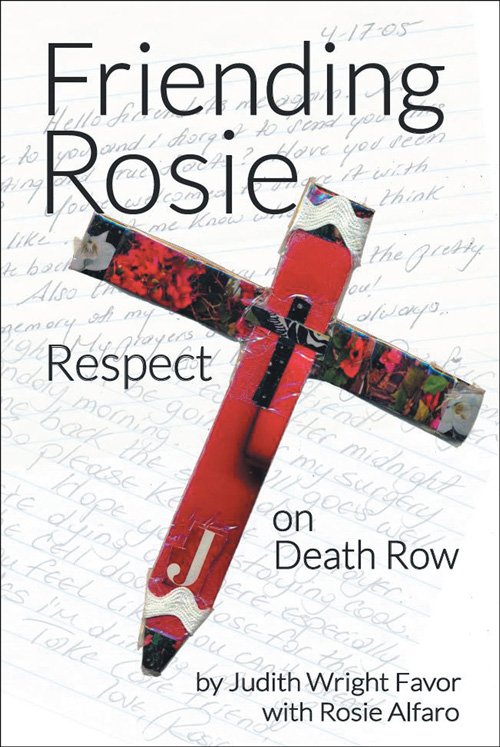Reviewed by Judith Favor
by Deborah Cadbury | Public Affairs, 2022 | 464 pages | $30/hardcover | $17.99/eBook
The School That Escaped the Nazis: The True Story of the Schoolteacher Who Defied Hitler shows what love can do in wartime. Deborah Cadbury takes readers on an emotional journey with head teacher Anna Essinger, who smuggled 70 students out of Nazi Germany—“a feat that no other teacher managed to pull off”—and settled in a rundown manor house in England. Some pages read like a novel; most read like accounts from a worship-sharing group of former students gathered to recall common experiences.
Essinger (1879–1960) grew up in a large Jewish German family. At college in Wisconsin, she was drawn to Quaker humanitarian and compassionate values. After WWI, she joined U.S. Quakers in Quäkerspeisung, an ambitious post-war relief plan to feed schoolchildren in Germany. Full of hope to make a difference at home, Essinger returned to “devastating deprivation.” As a liaison for the Quaker feeding program, she visited hundreds of schools throughout Germany where she was appalled by teaching methods of dominance that instilled fear and conformity in children.
In 1926, Essinger and family opened a progressive school in Germany, a musical oasis with studies grounded in kindness where students could learn at their own pace. By 1933, Nazi persecution led her to decide: “I could no longer raise children in honesty and freedom [here].” That’s when she hatched the daring plan to take her pupils to Kent. There Essinger created “a home-school,” a sanctuary where they could “not only recover but . . . aspire to the very highest levels. . . . And she would make their lives count.”
Throughout WWII, the residential school took in traumatized Jewish children who arrived on Kindertransport. Most never saw their parents again. Behind the scenes, Essinger worked with the Red Cross and relief committees to get answers. Staff “carefully managed how they broke any news of parents.”
Pupils who survived the Holocaust offer moving firsthand testimony in these pages. “It took a great deal of love and determination to help us,” wrote one of the survivors looking back on that time. Another pupil, named Sidney Finkel, had, by age 14, “endured the killing of his family in Poland, the ‘liquidation’ of his ghetto, slave labour camps, concentration camps and typhus. He had lost all concept of normal living.” Essigner sat “with him during mealtimes and taught him how to eat and to stop bolting his food.”
She was “‘not in the least bit religious,’” observed one of Essinger’s first pupils, Susanne Trachsler. “‘Not even Jewish.’” Cadbury further explains:
Anna came from an assimilated Jewish family and did not place great emphasis on religions beliefs and practices, although she did adopt one custom she had observed in Quaker circles: before dinner, each child held hands with the pupils standing either side of them for a moment of silent reflection, the entire school briefly linked as one. It was instilled in the children that they must help each other.
Essinger “managed to establish ‘a kind of honour code,’ continued Susanne. ‘I don’t know how she did it. The worst thing you could do was lie and cheat.’” The children who did behave badly were hardly disciplined by the staff because, as Susanne Trachsler recalled, “The other pupils themselves treated them with such contempt that they stopped immediately. . . . We sort of educated each other.”
In reflecting on the shared courage of these individuals, I’m reminded of a quote from Quaker mystic and social activist Rufus M. Jones in The Luminous Trail: “Nobody knows how the kindling flame of life and power leaps from one life to another. What is the magic quality in a person which instantly awakens faith?”
Quaker educators will value this historic account of Anna Essinger and colleagues who met the crisis during a dark moment in history, and kept the lights on. The School That Escaped the Nazis illumines how a prepared group of adults transformed the hearts and minds of traumatized children. I suggest a more Friendly subtitle: The True Story of a Luminous Trail of Teachers Who Transcended Hitler.
Buy from QuakerBooks
Judith Favor, an author from the Claremont Meeting in California,
appreciates Deborah Cadbury’s keen research and muscular writing.


 Reviewer Judith Wright Favor is an elder member of Claremont Monthly, Southern California Quarterly, and Pacific Yearly Meetings. Her latest publication is the Pendle Hill pamphlet: Friending Rosie on Death Row.
Reviewer Judith Wright Favor is an elder member of Claremont Monthly, Southern California Quarterly, and Pacific Yearly Meetings. Her latest publication is the Pendle Hill pamphlet: Friending Rosie on Death Row.


 Judy Leshefka is a member of La Jolla Friends Meeting. She helped start the Annual Friends’ Silent Retreat which has been offered in Southern California every Labor Day weekend for the last 25 years. Silence has been her primary spiritual practice since her teenage years.
Judy Leshefka is a member of La Jolla Friends Meeting. She helped start the Annual Friends’ Silent Retreat which has been offered in Southern California every Labor Day weekend for the last 25 years. Silence has been her primary spiritual practice since her teenage years.






